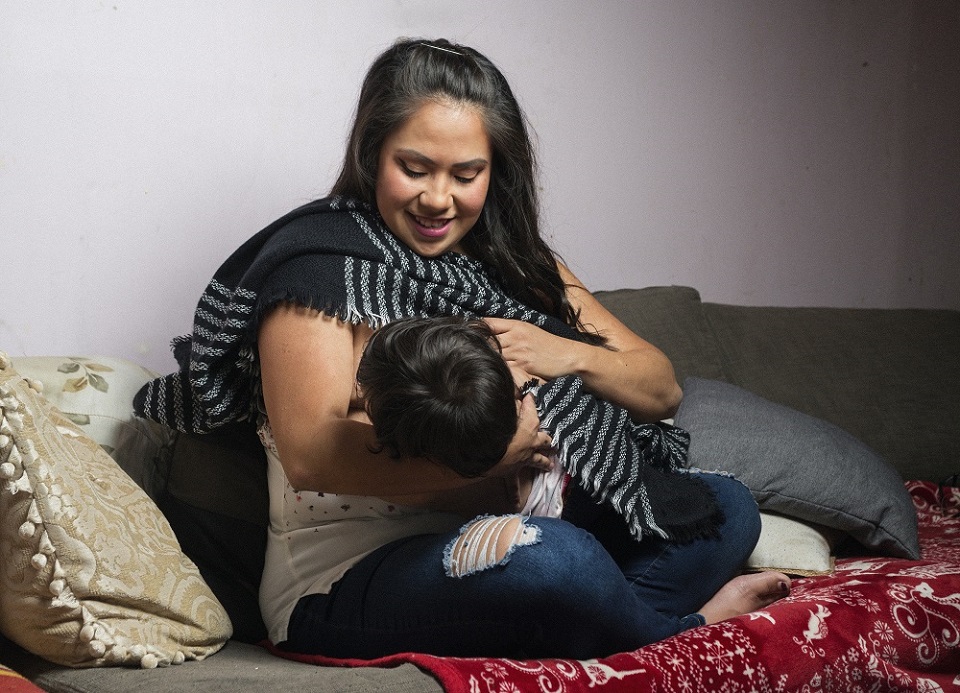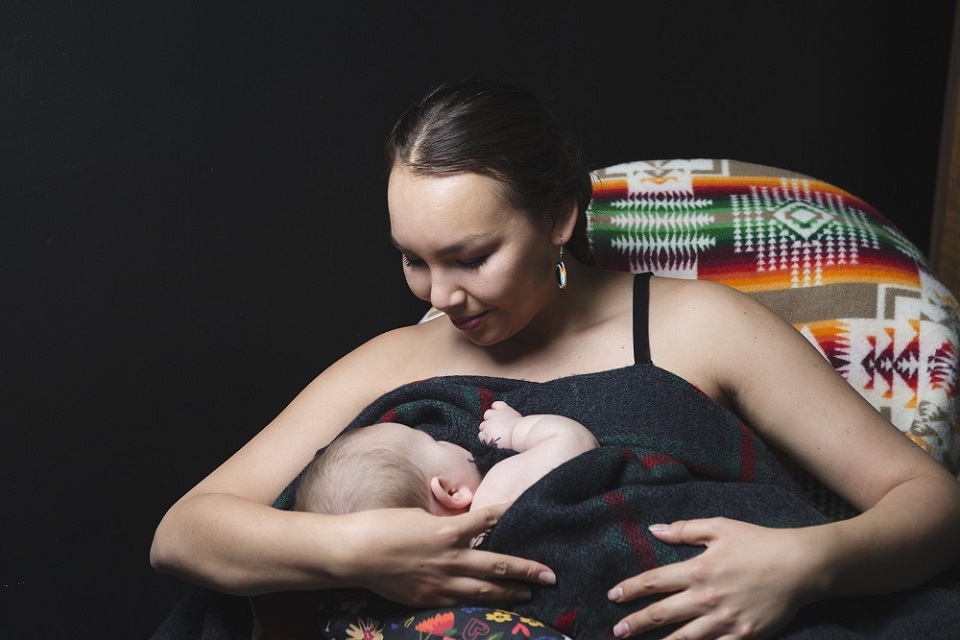Lucy Barney, also known as Auntie Lucy, remembers when Perinatal Services BC first approached her to lead a report on how to provide culturally safe perinatal care for Indigenous pregnant people and their families.
As the Indigenous lead at Perinatal Services BC and a member of the
T’it’q’et Nation ( St’at’imc Territory), Auntie Lucy felt excited that health-care leaders wanted to build a resource specifically to address the pregnancy and delivery journey for Indigenous people.
“Respecting the history of an Indigenous woman and her family is so important, and understanding they come with this culture and may have experienced trauma. For example, one of the traditional practices health-care workers should understand is the importance for the baby to be welcomed into this world by aunties and grandmas in the delivery room, because it takes a whole community to raise a child.”

At the time of the report, the rate of preterm birth for Indigenous women was 11.2 per cent as compared to 7.2 per cent for non-Indigenous women; the infant mortality rate was 10.4 per cent per 1,000 live births for Indigenous women living on reserve as compared to 6.5 per cent for non-Indigenous women. And for every body mass index (BMI) category, Indigenous women were more likely to have higher birth weights than non-Indigenous women.
“The perinatal period is such a sensitive time for all women and pregnant individuals, but it’s a particularly challenging time for Indigenous Peoples” says Ann Pederson, interim executive director of Perinatal Services BC. “Our goal with this resource is to encourage care providers to help Indigenous women reclaim the traditions and beliefs that supported healthy pregnancies in the past.”
They included midwives, nurses, doctors, women who gave birth, women who experienced racism, and grandmothers and aunties. While the resource relies on information provided by government reports, it also includes many personal stories of Indigenous families.

“Hopefully the introduction of this resource will make our women and families feel more welcomed in health-care institutions, like hospitals,” says Auntie Lucy. “When Indigenous Peoples feel safe accessing the health-care system, both the client and the health-care system feel respected and proud.”
The resource launched with a traditional witness ceremony on National Indigenous Peoples Day, where participants committed to ensuring the document is used in health-care practice across B.C.
Hear more from Auntie Lucy, along with Cheryl Ward, executive director, PHSA Indigenous Health and Dr. Maureen O'Donnell, executive vice president, PHSA clinical policy, planning and partnerships, on ways this work will help both health professionals and Indigenous families.
